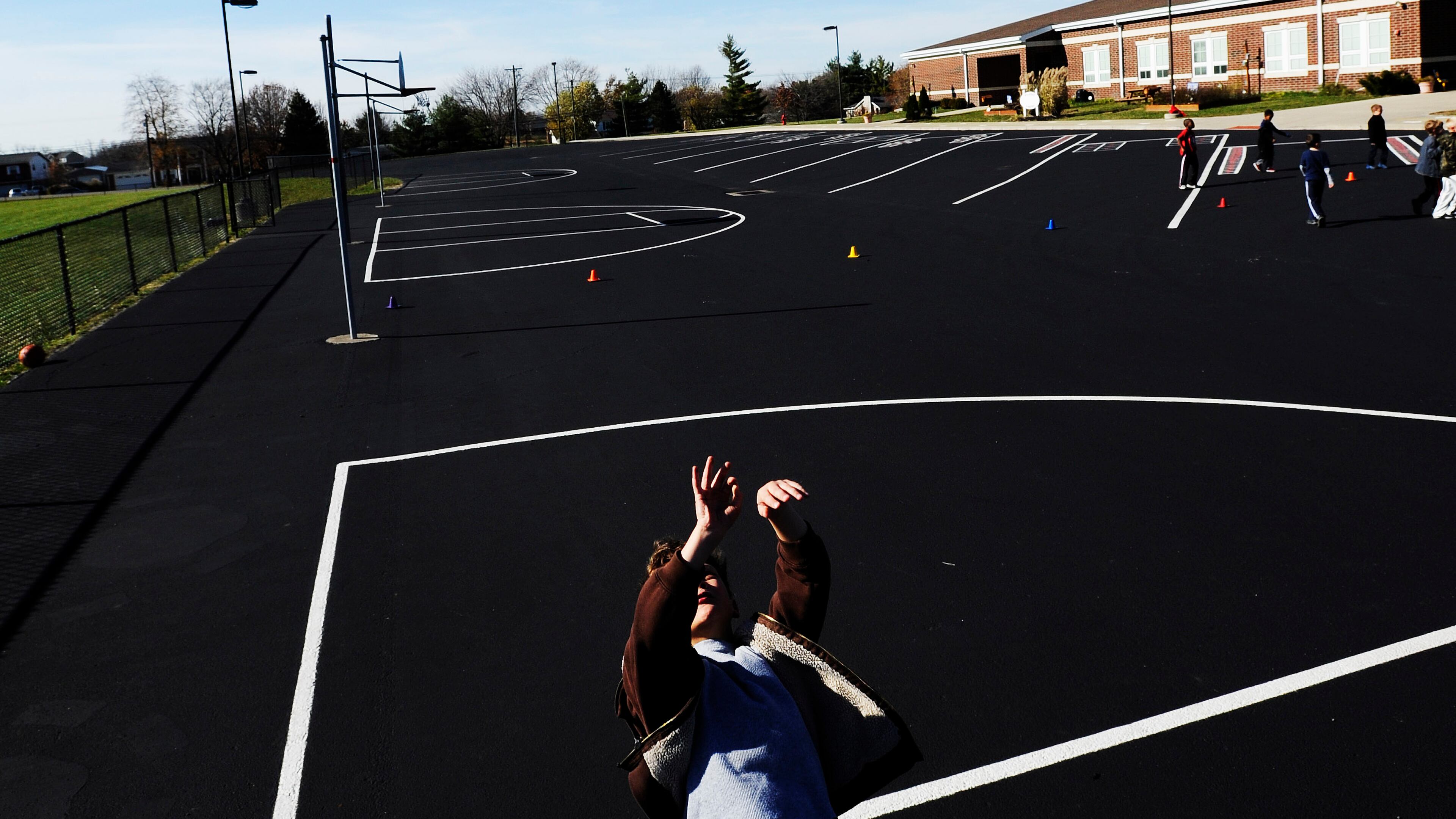Are Georgia elementary schools dropping the ball?

What's happening -- or not happening -- in Georgia elementary schools?
During a recent visit to the AJC, Atlanta Public Schools Superintendent Meria Carstarphen called elementary schools the weakest link in her system. It perplexed her, given Georgia's pioneering efforts in establishing universal pre-k.
Of the struggling APS schools eligible for state takeover, Carstarphen said most are elementary schools. Atlanta had 27 schools on the eligibility list released last year, and 20 were elementary schools. (The list will change based on how well schools fare on the state College and Career Ready Performance Index ratings, due out now in May.)
"I have never seen that -- usually early childhood works. And, yet, that impact is not playing out in the way it should be. A lot of it may be around access, families knowing they can have these services. We are really trying to understand what is happening with early childhood education," she said.
Acknowledging the research showing pre-k is a benefit that pays remarkable academic dividends, Carstarphen said, “Our elementary schools by and large are the lowest performing schools in the system and in the state. For what middle and high schools are receiving in terms of children being prepared, they are working miracles. We have kids coming all the way through the system, and they are still reading at a 4th grade level and they are in the 11th grade. It is amazing we are graduating students with this kind of lift that has to happen to get them to graduation."
Voters will be asked in November to grant the state sweeping new powers to take over chronically underperforming schools, reconfigure them, close them or turn them over to charter operators. The state will absorb these schools into what Gov. Nathan Deal has dubbed the Opportunity School District.
If you look statewide at likely targets for the Opportunity School District, Atlanta is not alone in a preponderance of elementary schools. Of the 14 Bibb County schools eligible on the original state list, 9 were elementary schools. Of the 26 DeKalb schools, 20 were elementary schools.
I talked to a longtime Fulton middle school teacher who told me kids were increasingly arriving from elementary school unprepared. She and her colleagues were spending more time catching students up than they once did.
Elementary school has long been assumed to be the smoothest segment in the education journey, the point where children still want to learn and please their teachers. Is that changing due to standards that pack more wallop into the elementary school curriculum?
Are children entering elementary school less equipped for the heightened demands even with pre-k? Have we lost ground in our pioneering early childhood efforts?



